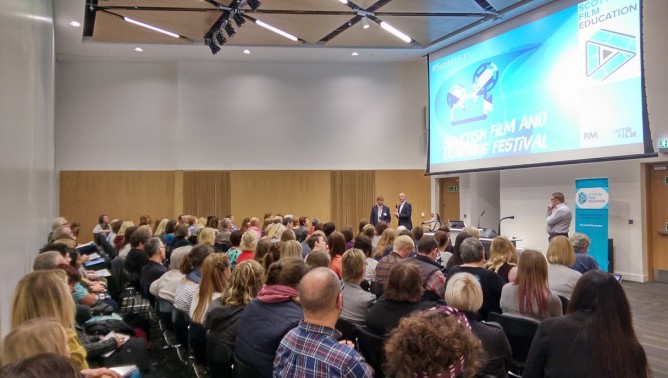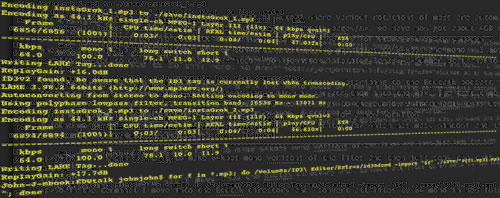
A while back when posterous shut up shop we took edutalk.info and made it a wordpress site. I blogged some of the process EDUtalk Setup – WordPress Tech Notes.
This weekend I’ve been trying to improve the workflow for the live shows we do as part of the site.
Previously we have a page which lists all of the planned shows. This page is just edited by hand, and show information needs to be deleted after the show goes out.
I’ve felt for a while that we should be able to do something better. My idea was as each show was arranged it should be a post which would be published on the Forthcoming page until it was broadcast and recorded, the post would then go to the main page. The problem I for saw was that the posts would be dated when first published and not when the audio was added. The Radio ‘episodes’ would then not fit in with the main flow.
I did a bit of googling1, and found you can:
- create custom posts types in WordPress which could have extra fields, for example date.
- sort post by this date field (on the Forthcoming page)
- publish/show ‘draft’ posts (on the Forthcoming page)
So this is what I did:
- Made a custom post type called show
- Gave the editor for shows a ‘Meta Box’ with a field for the planned show date.
- Added a datepicker with jQuery UI.
- Created a schedule page where draft shows are shown sorted in order of the datepicker field
The process of posting is now:
- When a broadcast is arranged we create a draft show. This then shows up in the correct order of the Schedule page.
- After the broadcast we will add the archived audio to the ‘show’ and publish it, it will then be automatically removed from the Schedule and be posted, with the correct date onto the blog.
What is to Love?
Out the box a wordpress blog is a useful publishing system, it is pretty easy to use. I’ve found when introducing staff to blogs they can use them quickly without much explanation. They usually find it easier to use than editing their school websites.
The next step is to activate some plugin, edit themes and add some widgets, this will enable lots more functionality. For example the FeedWordPress plugin pulls in audioboos tagged edutalk and publishes then on the Edutalk site. The WPBadger plugin allows us to issue open badges.
After that you might need to dig a little deeper and edit the code, this is a lot less scary than it sounds. It looks like wordpress is designed for folk to tweak and edit even if they have no real coding chops. Everything seems to be in its own we compartment and made to be easiy to edit. Experimenting with code in a child theme makes it easy to step back if you get into trouble. There is also a huge community of folk posting information on the web, and the WordPress Codex: the online manual for WordPress and a living repository for WordPress information and documentation..
I had only the vaguest idea of what I was doing to improve our workflow, but a very short time on google sorted it out.
This makes wordpress a very nice platform for developing online spaces, there is not a huge gulf between just using the software ‘out of the box’ and beginning to customise it to your needs.
Glow Blogs
Tomorrow is my last day working in North Lanarkshire before I take a secondment to work with glow. At the moment, thousands of glow blogs exist, running on a fairly old version of wordpress with very little opportunity to do much in the way of customisation. I hope that glow will both continue to supply WordPress blogs and to make them much more powerful. I’ve no idea if I will be in a position to influence this, but this is what I would like:
- The MextAwebLogAPI to be activated, this allows posting to blogs from mobile applications.
- More plugins, especially FeedWordPress that would allow a teacher to ‘collect’ their pupils blogs or anyone to create a space were others could easily contribute from their own blog.
- Access to editing the code, either through the web interface of via ftp (I guess this might be the hardest one to pull off).
- More themes (there are only about 6 in glow) would not do any harm.
One way to do this, would be for glow to supply web hosting, these spaces, like cheap webhosting all over the internet, could allow one click installs of WordPress (and lots of other software). I explored this in a recent post here: Glow should be at the trailing edge? but have not really got an idea if this is possible from either a cost or execution point of view? I hope to find out soon if this is a possibility or a pipe dream.
A final note, this blog does not run off wordpress but pivotx. Edutalk, ScotEdublogs and my DS106 blog, 106 drop in, are all WordPress.





